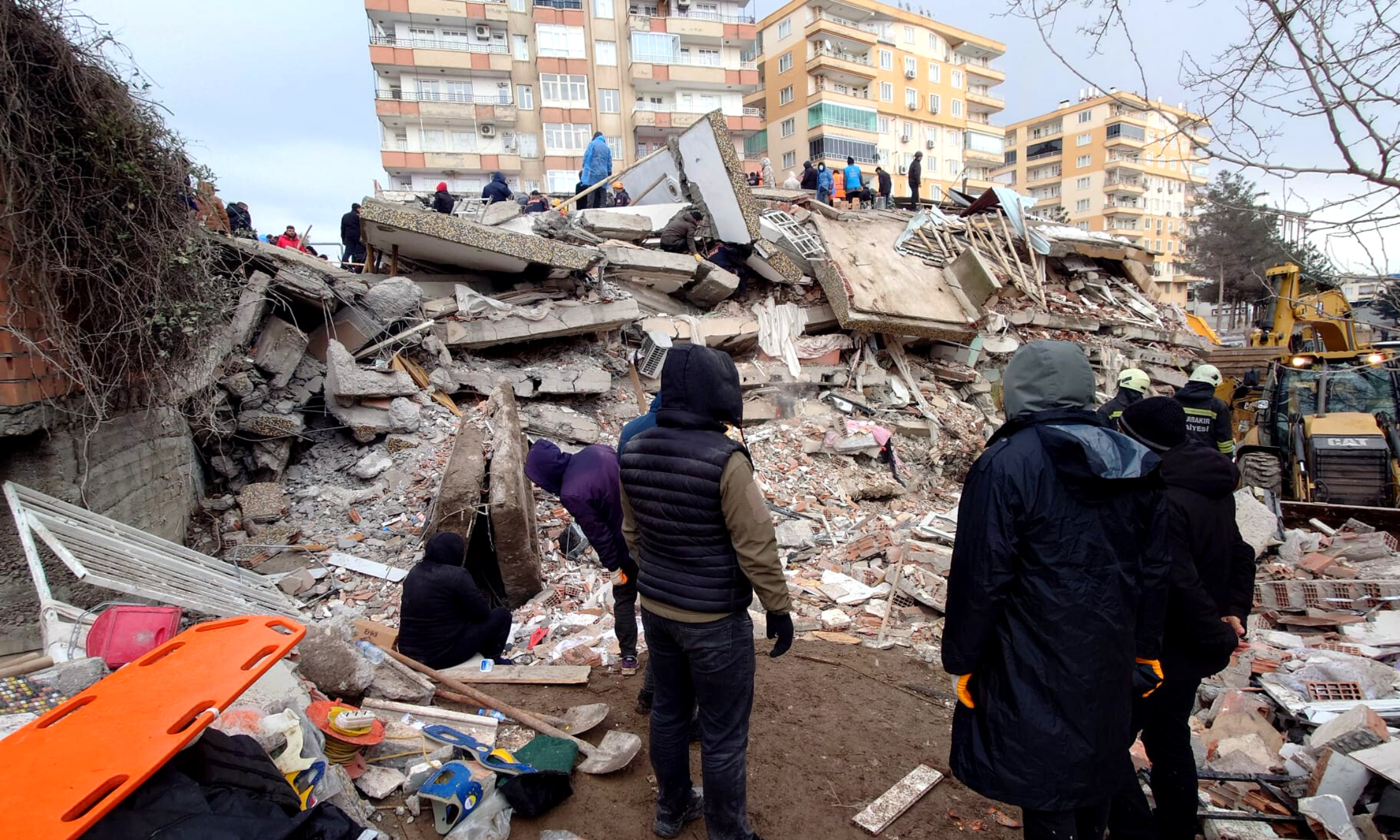
photography by Dellon Thomas / via Pexels
Western diaspora, we need to check our privilege when returning home in a pandemic
With cases still skyrocketing in the West, Memuna Konteh looks at why the diaspora searching for escapism in countries like Sierra Leone is kind of selfish.
Memuna Konteh
24 Jan 2021
2019 was Ghana’s official Year of Return. It saw the country welcome members of the African diaspora, with open arms and hopes of strengthening the bond between Black people outside of Africa and their heritage on the continent.
It was largely a success and figures released by Ghana’s immigration service show that African-American tourism to the country increased by 26% between January and September that year – the highest it had ever been. It’s clear there is a yearning in the diaspora to escape the heightening racist and populist tensions spreading like wildfire across the West.
Our ancestral homes, free of America’s rising fascism and Boris’s ineptitude, provide us with a much-needed respite from the constant othering we’re subject to outside of Africa. They also provide the countries we visit with an economic boosts from our freely-spent tourist coin. But what seemed like a match made in heaven quickly turned sour with the arrival of Covid-19.
“In my home country, I’m about as working-class as a Kardashian”
The pandemic has only deepened the desire among many Black people to return to sunny, lockdown-free pastures. And while those desires are completely valid and understandable, acting on them irresponsibly now works to the detriment of (in many cases already fragile) public health in African nations.
The internet was abuzz when Love Island’s Zara Holland got in trouble with authorities in Barbados for breaking Covid rules, and again when Kristen Gray faced criticism over a viral thread encouraging Americans to move to Bali during the pandemic. That energy seems to be lacking when it comes to the reckless behaviour of some diaspora returnees in Africa, however.
Despite global travel restrictions, last year’s ‘#DettyDecember’ (a hashtag celebrating Africa’s busiest season of enjoyment and partying) was business as usual. Black people from all over the world jetted off to various countries on the continent, including Nigeria, Ghana, South Africa, Tanzania and the DRC, to enjoy the festivities. The damaging effects of December’s tourist boom are only now coming to light, as coronavirus rates are drastically on the rise in some of the most popular African holiday destinations.
This is especially alarming because healthcare in much of Africa is such that many Covid-19 cases will go unrecorded, as some domestic Africans don’t have the means to access medical services. In Nigeria for example, research shows some of the population are choosing to self-medicate. And the prevalence of misinformation on the continent is also an unnerving contributing factor.
Taking this into consideration, as well as other socio-economic factors that make African nations especially vulnerable to a pandemic of this nature, it’s incredibly thoughtless for anyone to travel to the continent from somewhere with as high an infection rate as the UK (where over 3.5 million people are known to have had or currently have the virus) or the US (where Covid-related deaths hit a daily record of 4,400 this week), without taking proper precautions before and during their stay.
Nonchalance surrounding the virus may be indicative of a larger problem – the detachment that certain returnees have from the realities of life for born-and-bred African citizens. This is a detachment I’ve experienced first-hand, during a trip I took to my home country of Sierra Leone last February.
“There isn’t much that differentiates the actions of diaspora tourists from white tourists”
It was the first time I’d been back in over ten years and only the second time I’d visited since moving to the UK when I was three-years-old. For that reason, I felt a real discomfort around the class disparities between myself and the average Sierra Leonean. Having spent the majority of my life in the UK, I have a strong attachment to my working-class identity which was challenged when I went back and saw that, in my home country, I’m about as working-class as a Kardashian.
Awkward reminders of diaspora privilege can be skirted by sealing yourself into an airtight tourist bubble of resort hotels, clubs and cabana-style beach bars. But even then, you’re likely to encounter the widespread poverty that plagues much of the continent at one point or another. The only way to really offset privilege-induced malaise, in this case, is to move with the intention of contributing meaningfully to the well-being of Africans who haven’t been lucky enough to experience Western comforts.
A prime example of what intentional, meaningful contribution might look like is Vickie Remoe, a multi-faceted, Sierra Leonean media personality, who spent her adolescence and early adulthood in America before returning to the continent to settle down. According to Vickie, being a responsible diaspora returnee for those planning to move back permanently, is all about making a purpose-driven decision to move, rather than just chasing a desire to escape wherever you are.
“Focus on your impact on individual lives rather than thinking too big picture,” she says, before explaining that nepotism is often used by those who have lived abroad to get ahead. She continues: “A lot of people that come home just want glory. It’s all good and well using your uncle who’s the minister of something to go straight to the top but who does that serve other than yourself?”
Vickie walks her talk and has launched several initiatives to help disadvantaged Sierra Leoneans, including internship programmes for young girls. Her latest endeavour is the self-published children’s book Adama Loves Akara, that looks to tackle the lack of West African representation in early years literature.
Unlike Vickie, not all of us see ourselves moving to Africa for good and, while there’s nothing wrong with that, we must still consider the effects of our holiday-making on the permanent residents. I spoke to Sierra Leonean journalist Adeola Carew about the potential tensions between native populations and ‘JC’s’ (the Krio term for Westerners who are fresh in the country – ‘just come’).
“You would go to the beach on a Sunday, it’s jam-packed and nobody’s wearing a mask”
Adeola Carew
For Adeola the main problem is that “JC’s can sometimes be very condescending”. Otherwise, Adeola thinks the relationship between the diaspora and domestic Sierra Leoneans is amicable, although she does note that there isn’t much that differentiates the actions of diaspora tourists from white tourists in the country.
In her opinion, the best way to honour one’s heritage and have an authentic and rewarding trip home is to reach out to someone who is permanently based in the country, ask them questions about the socio-political state of wherever you are and get them to take you to the hidden gems – the spots lesser-known to tourists, which are more likely to be owned by locals than foreign investors.
But right now, Adeola thinks the biggest threat diaspora tourists pose to the continent in relation to Covid-19, is that of perpetuating false ideas that the pandemic isn’t as bad as authorities are making out. “Let me not lie, the average Sierra Leonean doesn’t think that there’s any such thing as corona, so when the JC’s came, they felt free from the constant reminders of the pandemic,” she says. “You would go to the beach on a Sunday, it’s jam-packed and nobody’s wearing a mask.”
The expectation isn’t for us diasporans to carry the weight of the woes of our home countries when we move back or travel for relaxation and escapism, but to be mindful of whether our relationship with these countries and their permanent inhabitants are exploitative.
It’s imperative that we remember that health care infrastructure in most African countries is much weaker than in the West and that we act accordingly. Everything from where we choose to spend our money, to how we set up businesses to where we buy land must be scrutinised. This way, we can ensure that we’re contributing to African development positively, for the sake of domestic populations and the future diaspora.





